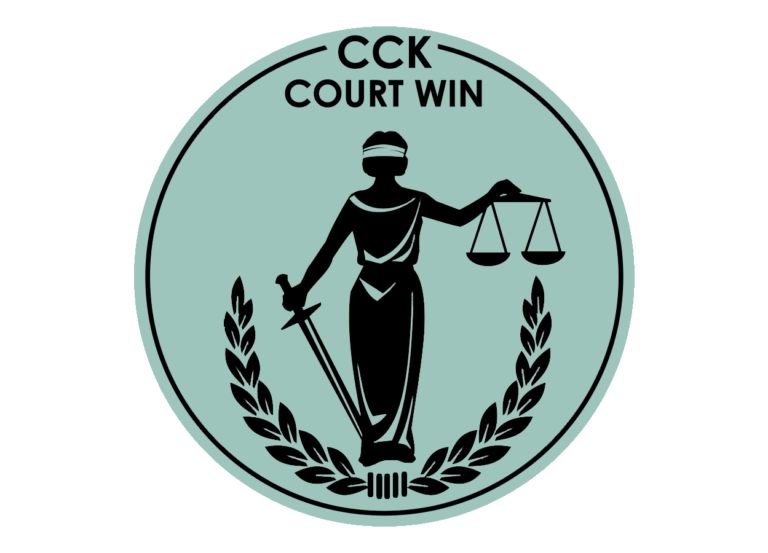CCK Wins for Veteran after VA Files for Reconsideration

CCK Law: Our Vital Role in Veterans Law
Summary of the Case
The Veteran served in the United States Army from September 1988 to September 2010. During his separation examination, the Veteran reported having diabetic ketoacidosis, tingling and numbness in his hands due to low blood sugar, and it was noted that he used insulin. In May 2011, the Veteran was granted service connection for diabetes mellitus type 2 with a 20% disability rating. The Veteran appealed for an increased rating.
In an October 2015 Board of Veterans’ Appeal hearing, the Veteran stated that he had not been hospitalized in the past year for hypoglycemic reactions, but he was treated by a paramedic in 2010. The Board granted an increased rating of 40%, but no higher, for the Veteran’s diabetes in February 2016.
CCK Appeals the Veteran’s Denial to Court
CCK appealed the Board’s denial of an increased rating higher than 40% to the Court of Appeals for Veterans Claims. The Board denied the Veteran a schedular rating higher than 40% as he did not meet the schedular requirements for the 60% rating. However, the Board also declined to refer the matter of an increased rating for extraschedular consideration. CCK argued that extraschedular consideration is warranted in order to take his uncompensated symptoms into account.
In June 2017, CCK successfully obtained a decision from the Court that vacated the Board’s February 2016 decision and remanded the case back to the Board. However, VA filed a motion for reconsideration in July 2017. The Court made a decision in a three-judge panel and withdrew their initial decision from June 2017. The Court again decided to vacate the Board’s February 2016 decision and remand the case back to the Board.
Court Agrees with CCK, Remands Veterans Case after VA Motion for Reconsideration
The Court agreed with CCK’s argument that the Board erred in finding that all of the Veteran’s symptoms of his diabetes were contemplated by the 40% disability rating criteria. The rating criteria for diabetes are successive, meaning that in order to receive a higher rating, a veteran must satisfy all of the rating criteria for that higher rating, as well as that for the lower ratings. In this case, the Court held that the veteran’s ketoacidosis and hypoglycemic episodes were potentially relevant to the 60% rating for diabetes. The Court held that that Board failed to provide an explanation as to how the 40% disability rating adequately compensates the Veteran for his diabetes.
The Court again decided to vacate the Board’s February 2016 decision and remanded the case in order for the Board to provide adequate reasons and bases for extraschedular consideration.
About the Author
Share this Post
